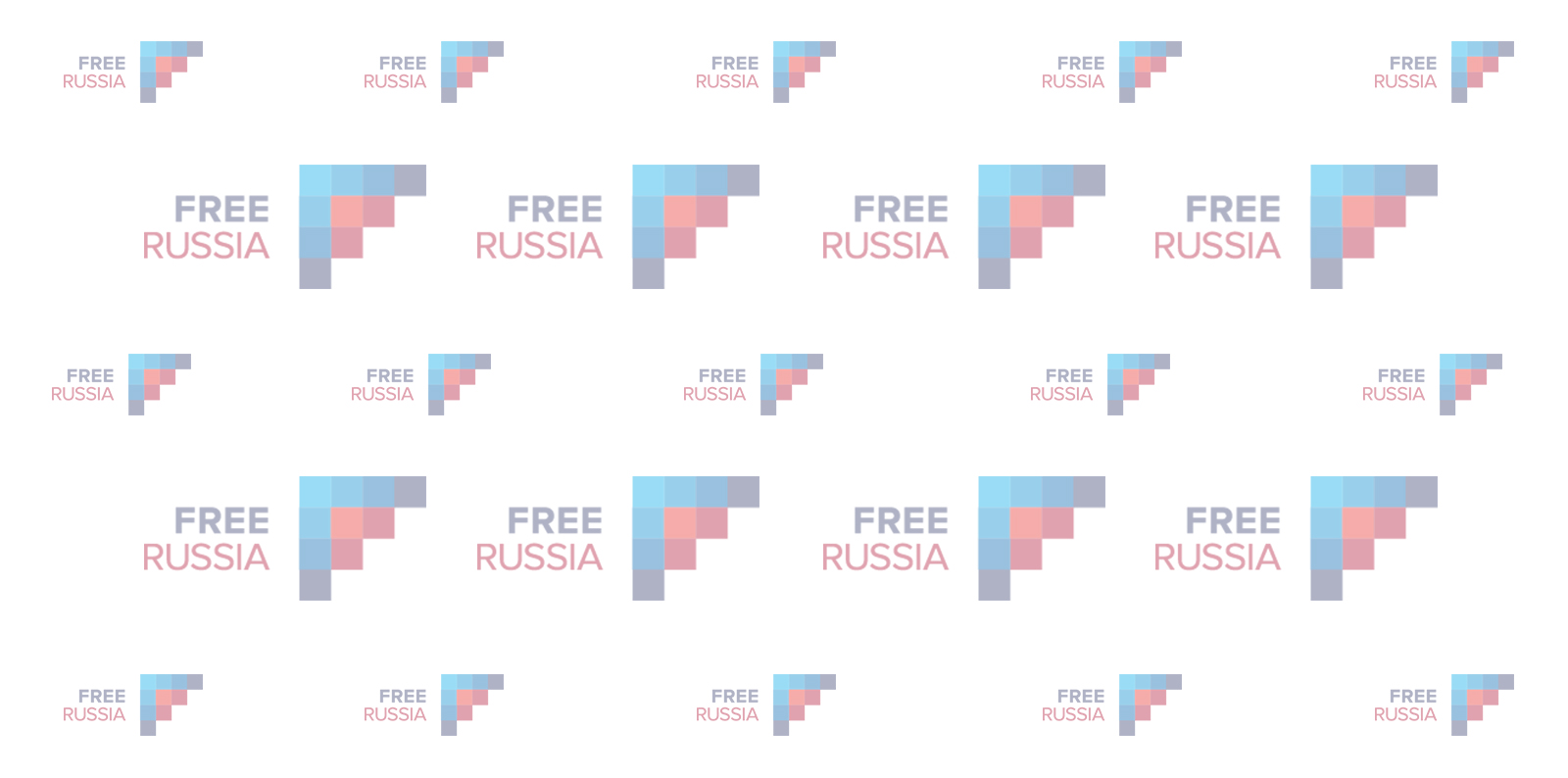On Wednesday, Dec. 6, the Council of the District of Columbia held a public hearing on renaming a street in front of the Russian Embassy on Wisconsin Avenue to Boris Nemtsov Plaza, a gesture to honor the memory of Boris Nemtsov, the Russian opposition leader who was shot dead in Moscow in February 2015.
The city proposal was made after a similar initiative led by Senator Marco Rubio was blocked in the US Congress earlier in the year*. The council’s bill, B22-0539, entitled the “Boris Nemtsov Plaza Designation Act of 2017”, was introduced by D.C. city council member Mary Cheh and Chairman Phil Mendelson on Oct. 31.
In his opening remarks, Mendelson said the proposal to rename part of Wisconsin Avenue in front of the Russian Embassy is a gesture to support democratic values. Just as 20 years ago, the Council had named a section of 16th street after Russian dissident Andrei Sakharov, today the Council seeks to «honor the memory and contributions of Mr. Boris Nemtsov», who «challenged the authoritarian regime» in Russia, Mendelson said.
Council member Cheh added that Nemtsov fought against corruption and criticized Russia’s involvement in wars. «There is little doubt that his murder was motivated by his political beliefs, his popularity and his frequent and open criticism of the Russian government,» Cheh said.
The councilor added that while the Russian government has removed signs memorializing Boris Nemtsov in Russia, «the Russian government will not be able to do it here».
Testifying at the hearing to support the bill, Vladimir Kara-Murza, chairman of the Boris Nemtsov Foundation for Freedom, reflected on Nemtsov’s fight against authoritarianism, corruption, election fraud and the war in Ukraine. Nemtsov also advocated targeted international sanctions to stop human rights violations in Russia.
Kara-Murza added that despite being arrested, jailed and portrayed as a traitor in state media, Nemtsov continued his fight for a democratic Russia and was considering running against Putin in the 2018 presidential elections. «He was silenced the only way he could be — by an assassin’s bullet,» said Kara-Murza.
Commending the initiative to rename the D.C. street, Kara-Murza said, «I cannot begin to tell you how much it means. It is a tribute to a man who lived his life and gave his life for the freedom of his country. It is also a message and a reminder to Russian democrats that their fight is not ignored or forgotten. To Americans that Russia is not only about Putin’s autocracy and there are honorable Russians like Boris Nemtsov who stand up for dignity and justice».
Also present at the hearing on Wednesday, Nemtsov’s daughter Zhanna Nemtsova, a journalist and a founder of the Boris Nemtsov Foundation for Freedom, discussed Russian authorities’ continued efforts to stamp out any remembrance of Boris Nemtsov in Russia. The authorities regularly remove flowers, portraits, and candles from Bolshoy Moskvoretsky Bridge, where Boris Nemtsov was killed, Nemtsova said. She added that the remembrance plaques erected by residents of the apartment buildings in Moscow and Yaroslavl where Boris Nemtsov had lived have been taken down. And in Nizhny Novgorod, where Nemtsov was a governor, the City Council does not «dare» implement an earlier plan to erect a plaque, Nemtsova said.
«The current political regime wants to eradicate the memory of my father since it believes, correctly, that symbols are important and that they can potentially facilitate and inspire change», said Nemtsova. She added that while Nemtsov cannot be commemorated in Russia, «we have a chance does it here and here and it will be difficult to dismantle».
Also, testifying to support the initiative were Tanya Nyberg, executive director of the Magnitsky Initiative and Karine Orlova, a journalist with the Echo of Moscow radio station. Nyberg said the passage of the bill would mean a lot for Russian activists who live in Washington, D.C. and Orlova criticized attempts to block the initiative.
During the hearing, the council chairman also read citizen’s letters who expressed views against the renaming initiative. Testifying against the bill, photojournalist Jeremy Bigwood said there is no evidence of the Russian government’s involvement in the murder of Boris Nemtsov. He said the council should be careful not to act based on conspiracy theories and to avoid damaging further U.S and Russian relations.
Cheh and Kara-Murza responded saying that the aim of the initiative is not to place blame on Russia but to commemorate Nemtsov and to express solidarity with the Russian people for democratic values.
The D.C. Council will accept testimonies and comments on the bill until Dec. 18. The Chairman expects a vote on the bill later in December and January. If the bill is approved, it should take three to four weeks to prepare the street signs.
*The bill was introduced in February 2017 on the anniversary of Boris Nemtsov’s murder. It was introduced by Senator Marco Rubio and co-sponsored by eight other senators, including John McCain, Ron Johnson, Christopher A. Coons and Richard J. Durbin. Rubio said at the time in his statement that the “Boris Nemtsov Plaza would permanently remind Putin’s regime and the Russian people that these dissidents’ voices live on and that defenders of liberty will not be silenced. It will also help raise awareness among the American people about the ongoing abuses in Putin’s Russia”. To become law, the bill had to pass in both houses of Congress and then be signed by President Donald Trump. However, the bill was blocked by Senator Bob Corker, chairman of the U.S. Senate Foreign Affairs Committee. After Rubio’s bill stalled in the Senate, D.C. council member Cheh and Chairman Mendelson introduced their own initiative, bill B22-0539, the “Boris Nemtsov Plaza Designation Act of 2017”, on Oct 31.
by Valeria Jegisman


